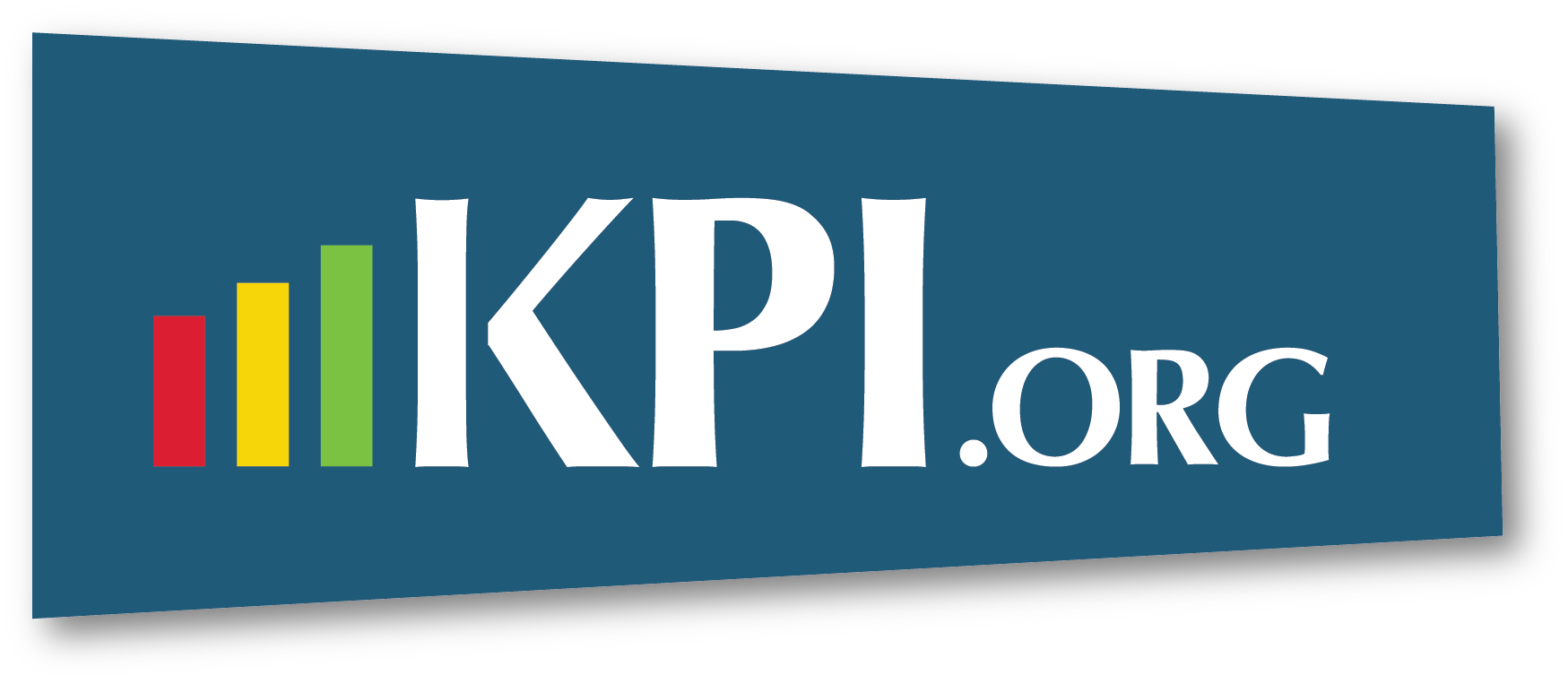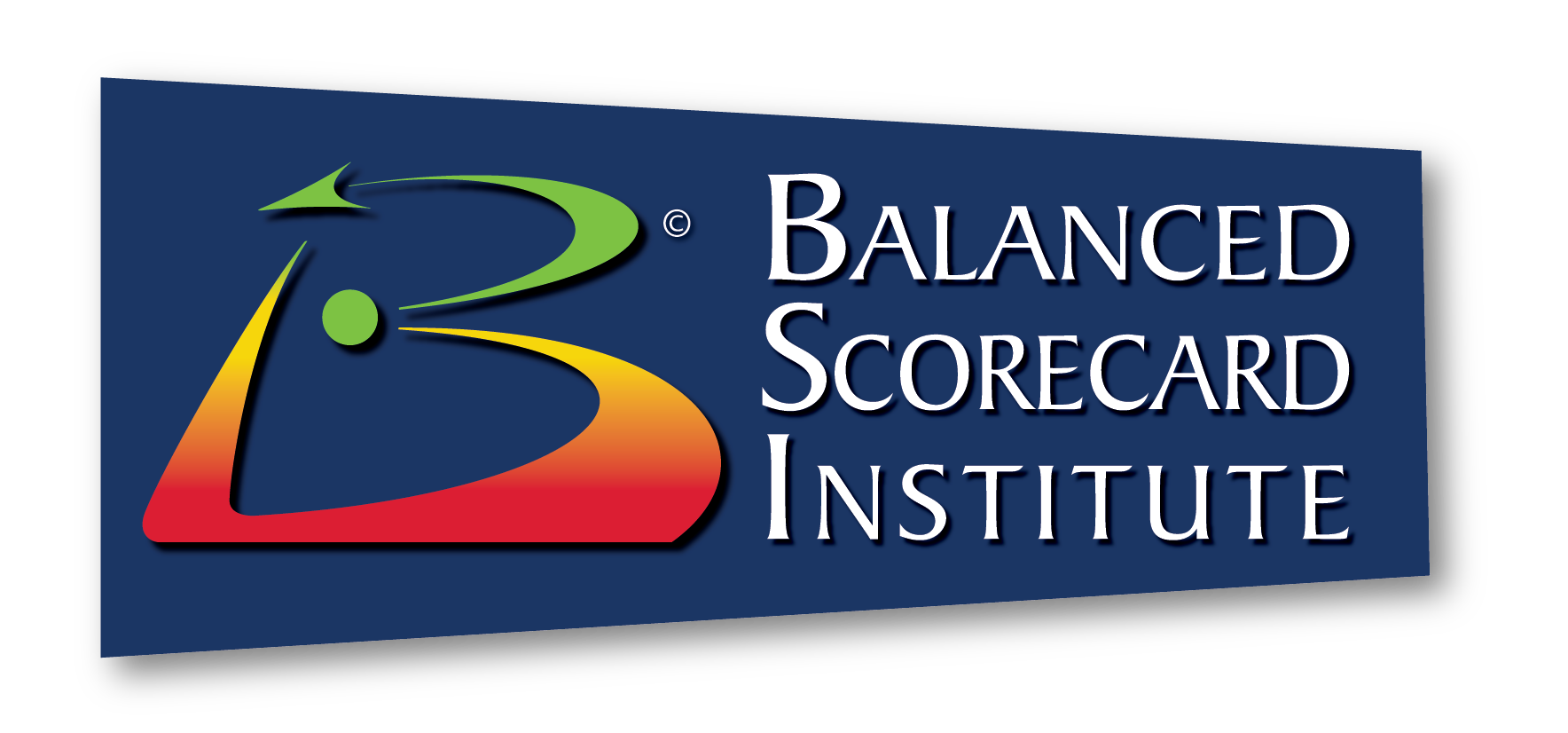We’ve received a lot of interest in our new KPI Certification Program. In fact, one woman said she couldn’t wait until the first scheduled program offering. She also wanted to know if we had a handy list of the most important principles – she wanted a cheat sheet! So in the interest in tiding her (and others) over, below I have compiled a few of the most important KPI tips and tricks. There are many more of course, so if you think I’ve missed anything, please add them in the comments section below.
Strategy comes first!
A training student told me his organization is struggling to implement measures for brand equity, customer engagement, and a few others because they believed the measures didn’t really apply to their company. I asked him why they were implementing those measures if they didn’t seem to apply, and he said they had found them in a book. They had no strategy or goals of any sort, and yet somehow thought they had a measurement problem.
KPIs found in a book of measures don’t necessarily mean anything in relation to your strategy. If you don’t have a strategy and/or can’t articulate what you are trying to accomplish, it is too early for KPIs.
KPI Development is a Process
I am embarrassed to admit that the first time I facilitated the development of performance measures with a client, I stood in front of a blank flip chart and asked them to brainstorm potential measures. It was my first consulting engagement as a junior associate and the project lead had stepped out to take an emergency phone call. Even though I had a basic understanding of what good KPIs looked like, I couldn’t help the client come up with anything other than project milestones (“complete the web redesign by August”), improvement initiatives (“we need to redesign the CRM Process”), or vague ideals (“customer loyalty”). What I didn’t understand at the time is that you need to use a deliberate process for developing KPIs, based on the intended results within your strategy. And like any other process, KPI development requires continuous improvement discipline and focus to get better.
Articulate Intended Results Using Concrete, Sensory-Specific Language
Strategy teams have a habit of writing strategy in vague, abstract ideals. As you pivot from strategy to measurement, it is critical that you articulate what this strategy actually looks like using concrete language that you could see, hear, taste, touch or smell. A vaguely written strategic objective like Improve the Customer Experience might get translated into checkout is fast, or facilities are safe and clean. Improve Association Member Engagement might get translated into a result of members volunteer for extracurricular activities. I’ve seen strategy teams shift from 100% agreement on vague ideals to diametric opposition on potential intended results, indicating that their consensus around strategy was actually an illusion. Use simple language a fifth-grader could understand to describe the result you are seeking. If you spend your time honing this intended result, the most useful performance measures almost jumps out at you.
It’s not about the Dashboard!
Dashboard software is great when it is used to support a well-designed strategic management system. Unfortunately, many people are more interested in buying a flashy new tool than they are in understanding how they are performing (a topic I’ve talked about before). KPIs are not about a dashboard. KPIs are about articulating what you are trying to accomplish and then monitoring your progress towards those goals. A dashboard is the supporting tool and too much emphasis on technology misses and often distracts us from the point.
It’s not about the KPIs!
Speaking of people missing the point, we have many clients who think this process begins and ends with the KPIs themselves. Unfortunately, some of these folks are simply trying to meet a reporting requirement or prepare for a single important meeting. This type of approach completely misses the power of KPI development, which is that KPIs provide evidence to inform strategic decisions and enable continuous improvement.
For more about how to improve KPI development in your organization, see our KPI Professional Certification Program or The Institute Way: Simplify Strategic Planning and Management with the Balanced Scorecard.
David Wilsey is the Chief Executive Officer with the Balanced Scorecard Institute and co-author of The Institute Way: Simplify Strategic Planning and Management with the Balanced Scorecard.






